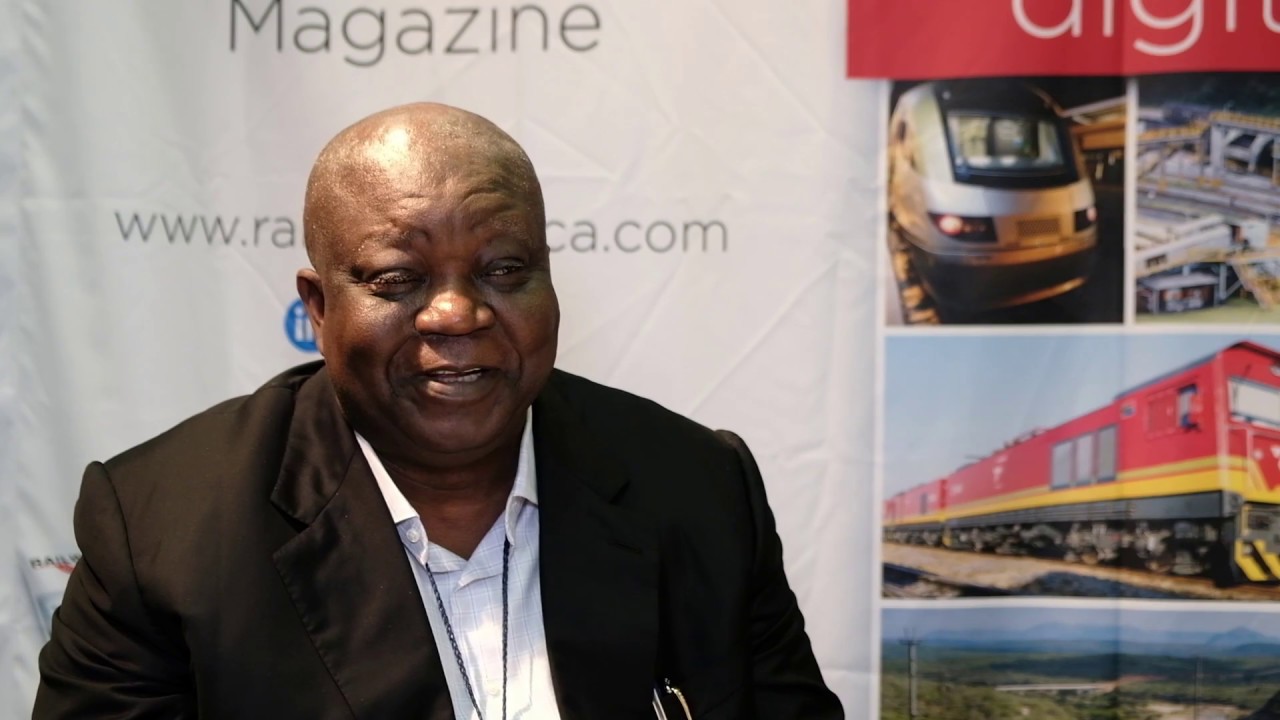The Managing Director of the Nigerian Railway Corporation (NRC), Fidet Okhiria, has disclosed that the Lagos-Ibadan standard gauge rail tracks will be ready in February.
Speaking at Ijoko in Ogun State during the routine inspection of the project, he said the corporation will begin a test-run of the tracks by February 7.
He added that the first phase of the project, linking Lagos with Abeokuta, will be completed within the next 10 days.
He confirmed that the contractor, China Civil Engineering Construction Company (CCECC), has completed the laying of tracks from Kajola (Kilometre 41, and Abeokuta, Kilometre 79), while efforts to get the project to Iju in Lagos will be achieved by February 7.
Read also: CBN issues banknotes fitness guidelines to commercial banks, others
“The contractors have said their equipment could lay 1.5 kilometres per day. That means they could achieve the 10-kilometre distance between Kajola and Iju within seven days, and we can start the test-run of the tracks, latest by February 7,” Okhiria added.
Okhiria, who was in company of reporters and other members of the monitoring committee, rode on two first-class coaches on the completed section of the rail line between Kajola and Abeokuta.
The NRC boss explained that the, the train would ensure convenient between Lagos and Abeokuta,, which would last for just an hour.
“With the speed of the train calibrated at 150 kilometres per hour, the speed train can make the 156 kilometres between Abeokuta and Lagos in one hour. This would help to redistribute congestion in our urban centres as more people would be able to live in one state and work in another,” he noted.

